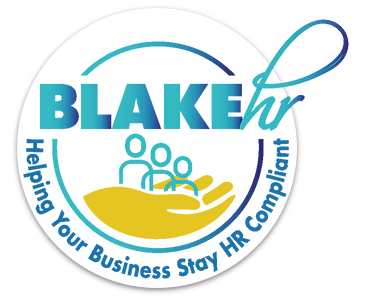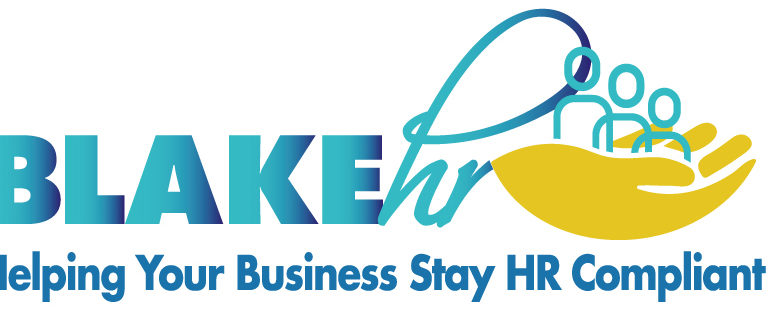We all know that running a successful company comes with its fair share of challenges.
And a big hurdle you might come across is managing your team as one when they work in different environments.
As an employer, it’s crucial to manage both working environments fairly.
That’s because fairness and consistency not only lay the foundations for good company culture, but is also a legal requirement too.
Today, I want to explore some strategies that make sure everyone feels valued, motivated, and part of the team, regardless of their working arrangement.

Communicate
Open and transparent communication is the secret to a thriving workplace.
And in a diverse environment it becomes even more vital.
If each team understands one another’s goals, processes and challenges, then frustrations and conflict can be nipped in the bud before it becomes a bigger problem.
And if your team does have frustrations or concerns, there should be a way for them to communicate this constructively, as their feedback could lead to operational improvements that make everyone happier.
You’ll need to make a decision as to how you do this in a way that makes sense to your business.
Encourage cross-team collaboration
When teams work in isolation it’s easy for tensions to escalate or for misunderstandings to occur.
You can encourage collaboration and interaction between teams by organising joint events, workshops, or virtual meetings.
By providing opportunities for employees from different environments to interact and learn from each other, you can build bridges and nurture a sense of unity. Collaborative projects also promote problem-solving skills and creative thinking, enhancing overall team performance.
Develop consistent policies and practices
Consistency is key in maintaining fairness and trust within your organisation.
Ensure that the policies, procedures, and performance standards you implement are consistent across all working environments. This includes everything from evaluating employee performance and career growth opportunities, to providing benefits and recognising achievements.
When all your employees are treated equally and have access to the same opportunities, it stops resentment growing and helps build a positive work environment.
Celebrate diversity and recognise contributions
Embrace and celebrate the unique strengths and perspectives that each team brings to the table.
Recognise and reward individuals for their contributions, irrespective of their working arrangement.
Create a platform where you and your employees can share success stories, accomplishments, and milestones – across any team – with the entire company.
By doing this you can build a culture that values diversity and inclusivity. Feeling appreciated and valued goes a long way in building team morale and reducing ill feelings.
Organise team-building activities
It gets a bad rap, but promoting team-building activities can help break down the barriers of separate working environments.
Plan regular events, like team lunches, virtual happy hours, or fun challenges, that mix employees from different departments. These activities break down barriers and help individuals form personal connections, bridging any gaps caused by separate working environments.

Conclusion
Remember, as a business owner, it’s essential to proactively manage the challenges of a diverse working environment.
Fairness, consistency, and inclusivity are the building blocks for a thriving company culture. And by promoting open communication, cross-team collaboration, and recognising individual contributions, you promote harmony and prevent toxicity.
Let’s all embrace the diversity within our teams and create an environment where everyone feels appreciated, motivated, and excited to be part of the journey toward success!


Are you ready to learn more about balancing multilpe working environments?
If this blog has inspired you to get started, what are you waiting for? And if it’s left you with more questions or you’d like some assistance getting started, get in touch. I’d be happy to help.
Give us a call at 07422 727229 or contact us using the form below - we will be happy to answer any questions.


